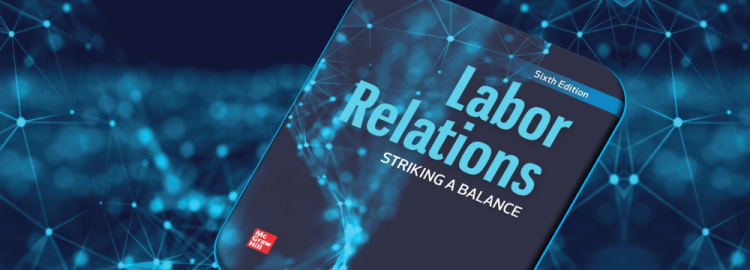A new GLO Discussion Paper outlines the key theoretical channels by which worker voice can affect political and civic participation, highlights important methodological challenges in identifying causal relationships and mechanisms, and summarizes the major research findings pertaining to nonunion and union voice.
The Global Labor Organization (GLO) is an independent, non-partisan and non-governmental organization that functions as an international network and virtual platform to stimulate global research, debate and collaboration.

GLO Discussion Paper No. 725, 2020
Worker Voice and Political Participation in Civil Society – Download PDF
by Budd, John W. & Lamare, J. Ryan
GLO Fellow John W. Budd
Author Abstract: Worker voice can relate to political and civic participation in numerous ways. Individual and collective voice can equip individuals with skills and attitudes that increase political engagement, and unions also explicitly encourage members to be politically aware, vote, and run for office. Labor unions and union federations are also often direct participants in the political and policy-making process. This chapter outlines the key theoretical channels by which worker voice can affect political and civic participation, highlights important methodological challenges in identifying causal relationships and mechanisms, and summarizes the major research findings pertaining to nonunion and union voice. In summarizing the major theoretical alternatives, a distinction is made between (a) experiential spillovers in which political and civic participation is facilitated by workers’ experience with voice, and (b) intentional efforts by voice institutions, especially labor unions, to increase political and civic participation. In practice, however, the experiential versus intentional transmission mechanisms can be hard to distinguish, so the review of the empirical record is structured around individual-level voice versus collective voice, especially labor unions. Attention is also devoted to the aggregate effects of and participation in the political arena by labor unions. Overall, a broad approach is taken which includes not only classic issues such higher voting rates among union members, but also emerging issues such as whether union members are less likely to vote for extremist parties and the conditions under which labor unions are likely to be influential in the political sphere.

GLO Discussion Papers are research and policy papers of the GLO Network which are widely circulated to encourage discussion. Provided in cooperation with EconStor, a service of the ZBW – Leibniz Information Centre for Economics, GLO Discussion Papers are among others listed in RePEc (see IDEAS, EconPapers). Complete list of all GLO DPs – downloadable for free.
Ends;

